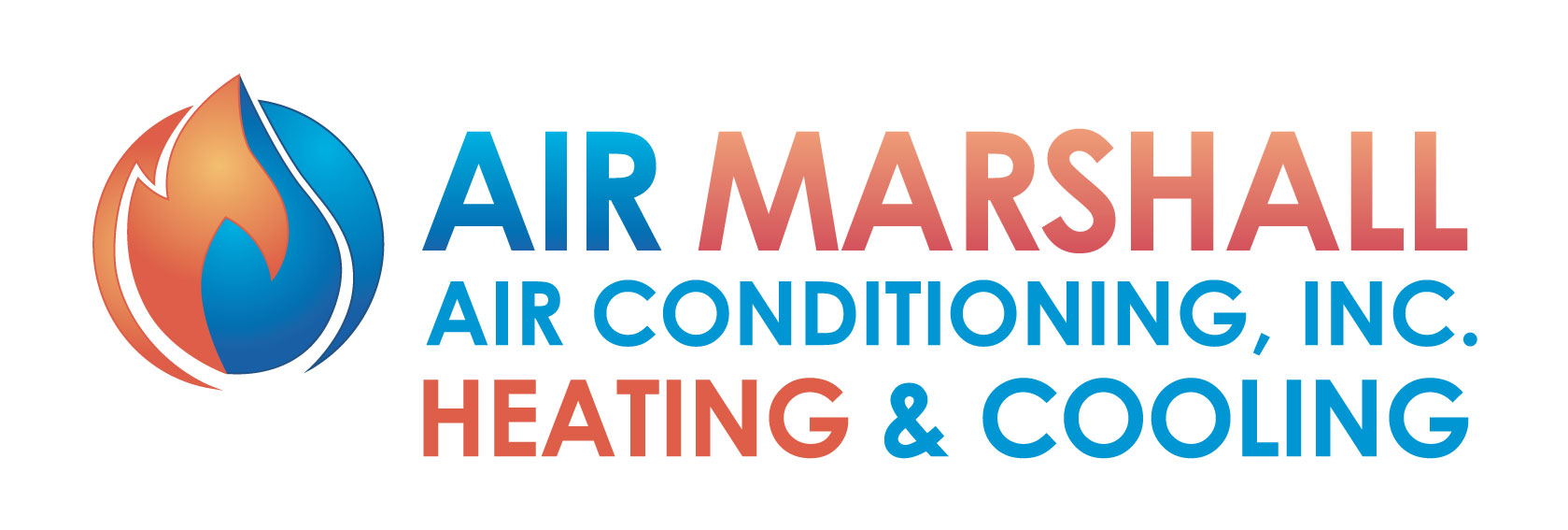Air Filtration Services in South Florida
Families across Florida and beyond rely on their HVAC systems to keep them comfortable every day. What not all of them realize is that these systems can wind up causing issues with Indoor Air Quality (IAQ), especially during the hottest months of the summer when most people close up their homes and rely on their air conditioners 24/7 to keep things cool.
PROBLEMS THAT CAN CAUSE POOR IAQ
Today’s homes are designed with energy efficiency in mind, and that’s great news for anyone worried about keeping monthly heating and cooling bills low. However, sealing a home’s building envelope to reduce unwanted thermal transfer also eliminates air circulation. As a result, the Environmental Protection Agency (EPA) estimates that concentrations of airborne pollutants can be between two and five times higher indoors than they are outside.
Some people assume that they’ll notice and thus be able to eliminate sources of indoor air contaminants. Unfortunately, while some pollutants are obvious, like combustion byproducts from smoking indoors, using fireplaces, or heating the home with coal, many are more subtle. Additional sources of airborne contaminants can include:
- Certain cooking appliances
- Household cleaning supplies
- Indoor paints
- Insecticides
- Building materials
- Mold
- Pet dander
- And others
These common sources of indoor air contaminants often combine with additional pollutants that enter the building on the feet of residents and guests. Even running the taps can wind up introducing volatile organic compounds (VOCs) if they are present in the local water supply.
SIGNS OF AIR QUALITY ISSUES
Exposure to airborne contaminants can cause serious health problems, especially among residents or guests who already struggle with underlying respiratory issues like asthma and allergies. Don’t assume that if no one in the home has underlying health problems, that means everyone is safe from airborne contaminants. Air quality issues will eventually wind up affecting healthy people, as well.
Poor IAQ can cause headaches, dizziness, fatigue, congestion, sneezing, eye irritation, and other immediate symptoms. Ideally, though, homeowners will take action before their family or friends begin getting sick. To do that, keep an eye out for these common signs of IAQ issues:
- Lingering odors
- Consistent dust despite frequent cleaning
- Stagnant air
- Hot and cold spots indicating poor airflow
If there are dander-producing pets or cigarette smokers living in the home, that’s reason enough to look into air quality improvements.
HOW TO IMPROVE IAQ
There’s only so much that homeowners can do to prevent airborne contaminants from entering their homes. Asking people to avoid smoking inside, keeping pets well-groomed, and avoiding the use of household products that contain VOCs can all help, but these measures won’t be enough to resolve serious IAQ issues.
By far the best way to address poor IAQ is to work with local Cooling Services to develop a more effective air filtration system. Although all HVAC units feature filters, they’re not all created equal. Both noticeable problems with air quality like those described above and the presence of people who suffer from underlying health issues in the home should be taken as signs it’s time to upgrade the standard filters.
Media Filters
Media air filters are four to five times as wide as the standard filters that most systems use. They form a better barrier around HVAC equipment and are able to remove around 95% of airborne particulates. Media filters also last longer than the standard ones sold in most hardware stores, so homeowners only need to change them every three to six months.
Electrostatic Filters
Electrostatic filters use a different type of technology to remove airborne contaminants. They feature magnetically charged filters that are 30 times as effective as the ones that come standard with most HVAC systems. Some electrostatic filters decrease ozone, chemicals, and vapors in addition to removing airborne particles, bacteria, and germs.
HEPA Filters
High-Efficiency Particulate Air (HEPA) filters are used in hospitals and laboratories across the country. They can remove up to 99.99% of particulates, including not just pollen, dust, and dander but also smoke and odors. HEPA filters are generally considered the gold standard when it comes to both home and commercial air filtration. Experts recommend their use any time someone in the home struggles with asthma, allergies, or an underlying health problem.
EVERYONE DESERVES CLEAN AIR
Here at Air Marshall Air Conditioning, Inc., we believe that every family deserves to breathe clean, healthy air at home. That’s why we offer IAQ checks and advanced Air Filtration Services. Call (561) 502-6847 to speak with a company representative, or ask one of our talented contractors for help with setting up future air quality checks and filter replacements.
